Understanding Accessory Dwelling Units: A Beginner's Resource Guide
Introduction to ADUs. Follow the links at the end for more in-depth resources
1/27/20252 min read
Accessory Dwelling Units (ADUs) are becoming an increasingly popular solution for homeowners seeking versatile living arrangements and additional income streams. These self-contained housing units, situated on the same property as a primary residence, offer a range of benefits and come in various forms.
What is an ADU?
An Accessory Dwelling Unit is a separate, smaller housing unit that can be added to a residential property. It includes its own entrance, kitchen, bathroom, and living spaces, ensuring independence from the main house. ADUs are known by various names, including granny flats, in-law suites, and secondary suites.
Benefits of ADUs
ADUs offer numerous advantages to homeowners:
Downsizing: They provide an opportunity to downsize while remaining on the current property.
Aging in Place: Seniors can live independently yet close to family members who can offer support.
Family Accommodation: ADUs are ideal for housing and caring for family members, such as aging parents or young adult children.
Rental Income: Homeowners can generate additional income by renting out the unit, helping to offset mortgage costs.
Increased Property Value: Adding an ADU can enhance the overall value of the property.
Types of ADUs
There are three main categories of ADUs:
Detached ADU: A standalone building separate from the main house, complete with its own entrance and facilities.
Attached ADU: An extension of the main house with independent access and amenities.
Internal ADU: A unit within the main house, such as a converted basement or attic, usually accessed through a shared entry hallway.
Existing structures like garages or other accessory buildings can also be converted into ADUs, offering flexibility based on the homeowner's needs and property layout.
Who Lives in ADUs
ADUs cater to a diverse range of occupants, including:
Individuals or singles
Couples
Small families
Friends or guests
Seniors
Extended families
Caretakers
Those seeking extra living space for the main house
Multigenerational households
ADUs: A Solution for Every Life Stage
A thoughtfully designed ADU can adapt to various life stages:
Young and Growing Families: Live in the main house and rent out the ADU for additional income.
Established Families: Use the ADU to accommodate guests or older children who are students or starting their careers.
Aging Homeowners: Downsize into the ADU while renting out the main house, generating income to supplement retirement and allowing them to stay in their familiar neighborhood.
ADUs vs. Traditional New Homes
ADUs present several advantages over traditional new homes:
Cost-Effective: They offer a more affordable housing option, as the fixed costs for land and utilities are distributed across the existing property.
Low Impact: ADUs provide low-impact and diverse housing options in any neighborhood and community.
Flexibility: They offer additional living space without the need for significant land development, making them a versatile solution for various housing needs.
Incorporating an ADU into your property not only enhances its functionality but also contributes to addressing housing shortages by providing affordable and flexible living options. Whether you're looking to accommodate family members, generate rental income, or increase your property's value, ADUs offer a comprehensive solution tailored to your unique needs. Explore our Resources Page dedicated to accessory dwelling units (ADUs). Learn about their benefits, find answers to common questions, read more insightful blog posts, and more. Contact Us today to discuss your ADU project with our expert design-build team so we can help you Go from Today to Move-In Day!


